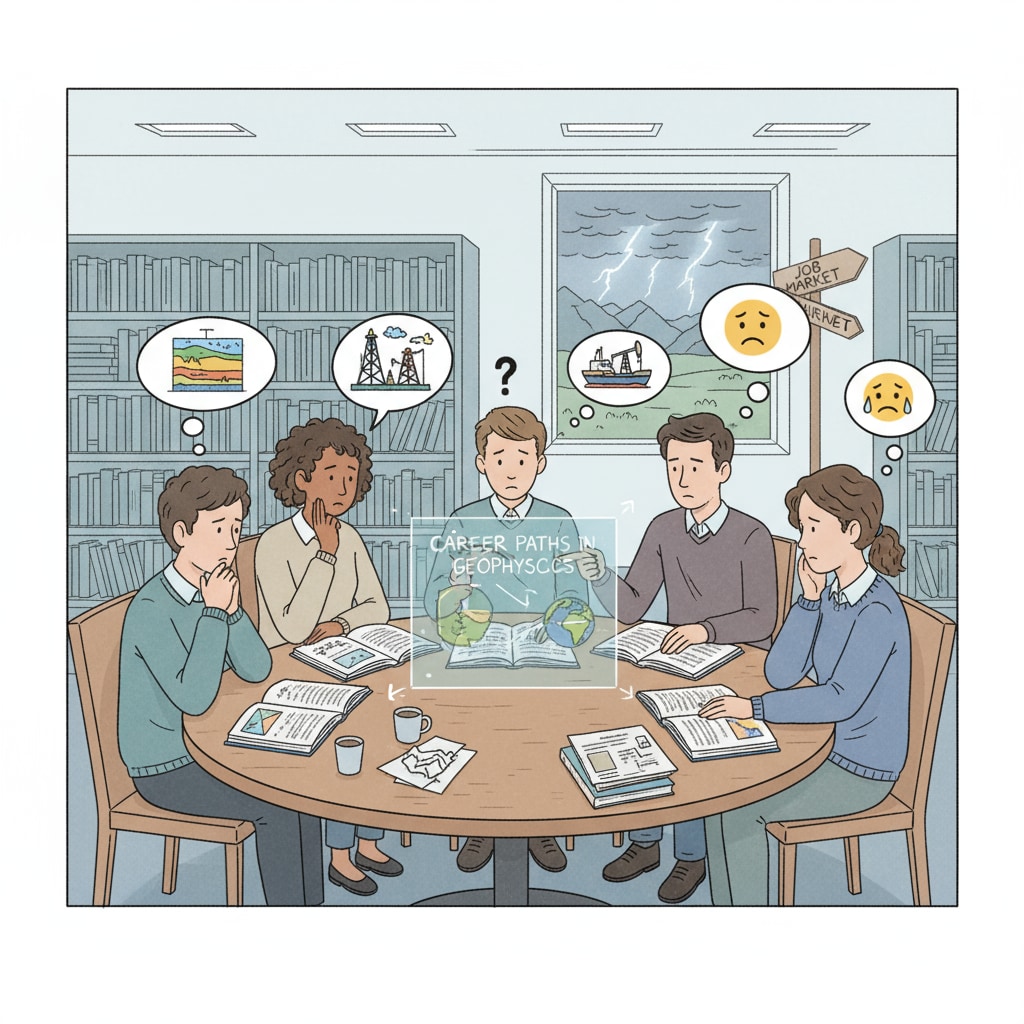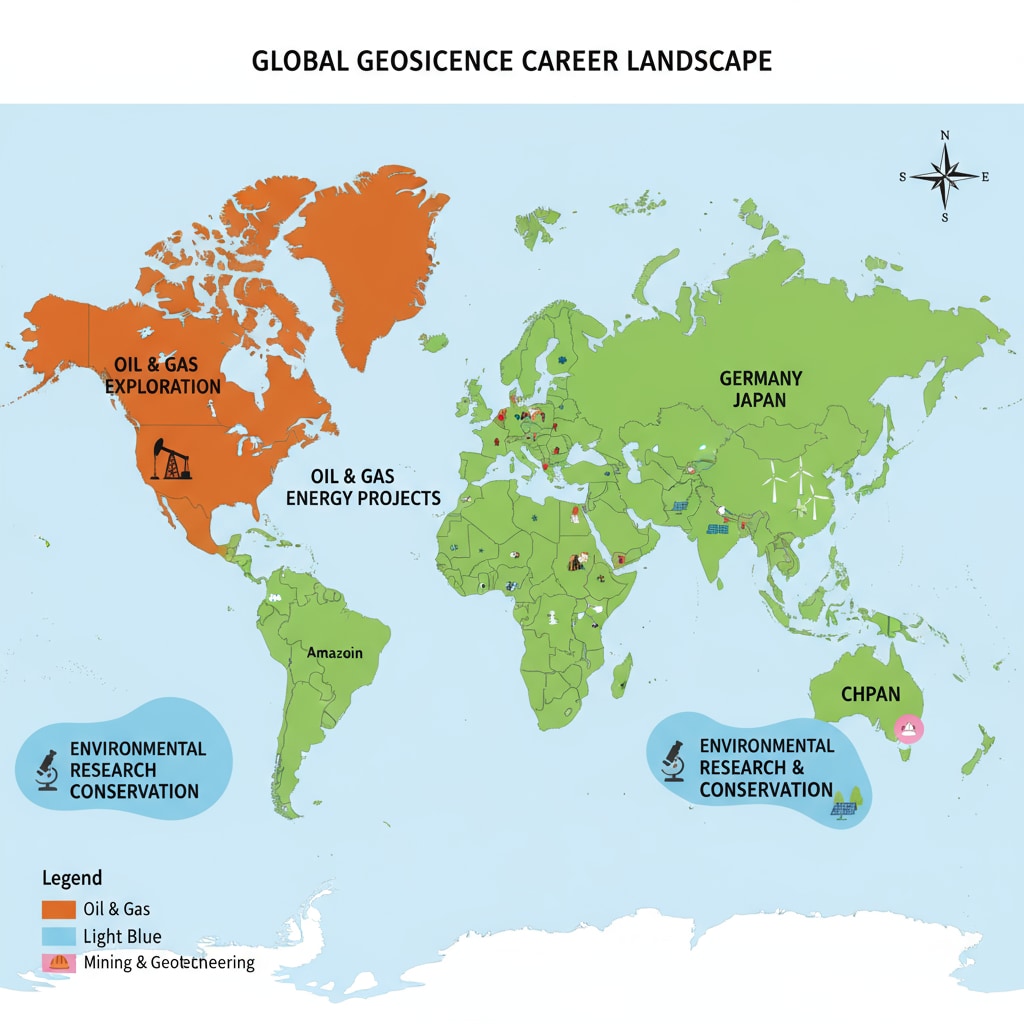Geophysics, Second Master’s Degree, and Employment Difficulties are the concerns plaguing many geoscience graduates. When the job market for geophysics seems tough, the idea of pursuing a second master’s degree often emerges. But is it the right path? Let’s take a closer look.

The Current State of the Geoscience Industry
The geoscience industry is experiencing a complex situation. On one hand, the demand for geoscience professionals in some traditional sectors, such as oil and gas exploration, has been fluctuating. Technological advancements have led to increased automation and efficiency, reducing the need for a large number of entry-level geophysicists. For example, seismic data processing now relies more on advanced algorithms and software, which can be operated by fewer experts. Geoscience on Wikipedia
On the other hand, new opportunities are emerging in fields like environmental geophysics and renewable energy. The push for sustainable development means there is a growing need for geoscientists to study soil contamination, groundwater resources, and the impact of renewable energy infrastructure. However, these emerging areas often require specialized skills and knowledge.

The Pros of Pursuing a Second Master’s Degree
One major advantage is the opportunity to specialize. A second master’s degree allows you to dive deeper into a specific subfield of geophysics. For instance, if you’re interested in earthquake seismology, a second degree can provide in-depth knowledge of seismic wave propagation, earthquake monitoring systems, and earthquake hazard assessment. This specialization can make you stand out in the job market. Geophysics on Britannica
In addition, it can expand your professional network. You’ll have the chance to interact with new professors, researchers, and fellow students, which may lead to potential job opportunities or collaborations. Moreover, a second master’s degree can enhance your earning potential in the long run.
The Cons of Pursuing a Second Master’s Degree
Time and cost are significant factors. Pursuing a second master’s degree typically takes two to three years, which means delaying your entry into the workforce. During this time, you’ll incur tuition fees and living expenses. There’s also no guarantee that you’ll secure a better job after graduation. The job market is still competitive, and other factors like work experience and soft skills also play important roles.
Furthermore, there’s a risk of overspecialization. If you focus too narrowly on a specific area, you may limit your career options if the demand for that particular subfield suddenly drops.
After weighing the pros and cons, geophysics graduates facing employment difficulties should carefully consider whether a second master’s degree is the right choice. It’s a decision that can shape their future careers. Remember, alternative strategies like gaining practical experience through internships or certifications may also be viable options. So, make an informed decision based on your own circumstances. Readability guidance: The article uses short paragraphs to present information clearly. Each H2 section has key points listed. Passive voice is minimized, and transition words are used frequently to improve flow.


